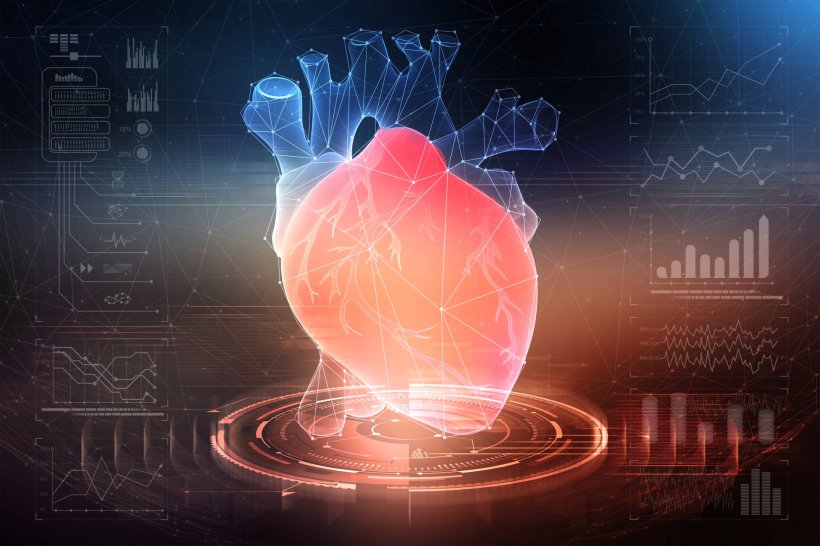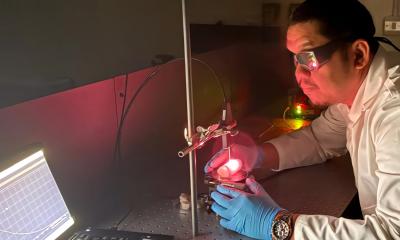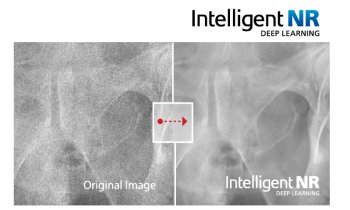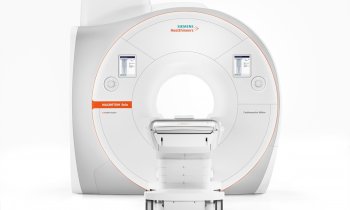
© BibbidiStudio – stock.adobe.com
News • Machine learning assessment
Heart transplantation: AI can provide decision-making support
Artificial intelligence will significantly impact the heart transplantation process by helping physicians better assess the complex factors impacting patient outcomes, according to researchers at the Annual Meeting and Scientific Sessions of the International Society of Heart and Lung Transplantation (ISHLT) in Prague.
“Until now, we’ve assessed the likelihood of transplant success based on individual risk factors,” said Eileen Hsich, medical director of the Heart Transplant Program at the Cleveland Clinic. “I think our guidelines will change because we’ll be able to look at combinations of weighted risk factors and how they interplay. That work cannot be done manually. Machine learning can provide data we’ve never had before, and it will make a big difference.”
Johan Nilsson, MD, PhD, senior consultant cardiothoracic surgeon at Skane University Hospital and professor at Lund University in Lund, Sweden, is developing a decision-support tool for transplant surgeons using a modeling technique called ‘digital twinning.’ “This technique enables us to create a digital picture of each recipient that can help physicians predict future patient outcomes based on specific combinations of data,” he said.
The advantage of algorithms is they provide an unbiased decision-support system that can help physicians determine the 3 R’s: the Right donor at the Right time with the Right patient
Johan Nilsson
Dr. Nilsson’s team has built a database with multiple data points, including clinical information and test results, on all 600 heart recipients and donors treated at his institution since the inception of its transplantation program. They are also in the process of sequencing the whole genome of recipients and their respective donors to add to the database. “Patients added to an organ transplant waiting list provide a lot of health data and laboratory samples,” he said. “The same information is also gathered from the donor.”
Dr. Nilsson plans to continue to follow heart recipients after their procedure, adding information such as heart rate, blood oxygen levels, and biopsy results to the database. “The advantage of algorithms is they provide an unbiased decision-support system that can help physicians determine the 3 R’s: the Right donor at the Right time with the Right patient,” he said. “If you get a donor in the middle of the night and you have three potential recipients, AI can offer an independent system to help determine the best match.”
Dr. Nilsson said AI could help improve organ allocation systems by helping physicians better predict outcomes at each step of the transplantation process.
Source: International Society for Heart and Lung Transplantation
13.04.2024











